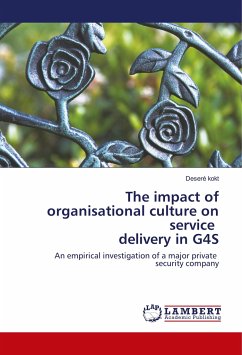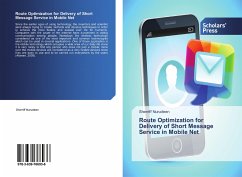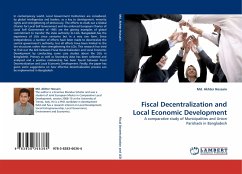
Fiscal Decentralization and Urban Service Delivery
A case study of Bahir Dar municipality
Versandkostenfrei!
Versandfertig in 6-10 Tagen
32,99 €
inkl. MwSt.

PAYBACK Punkte
16 °P sammeln!
Under the previous regimes, Ethiopia practiced a highly centralized political and fiscal model, which is commonly known as '' top-down'' approach of development planning. Since 1991 the systems of governance as well as the fiscal arrangement have been changed and the implementation of decentralization policy is ongoing. This is an indication of the political evolution in the direction of more democratic and participatory forms of governance and development. It is in this context a social research was conducted to assess the impact of fiscal decentralization on urban service provision at Bahir ...
Under the previous regimes, Ethiopia practiced a highly centralized political and fiscal model, which is commonly known as '' top-down'' approach of development planning. Since 1991 the systems of governance as well as the fiscal arrangement have been changed and the implementation of decentralization policy is ongoing. This is an indication of the political evolution in the direction of more democratic and participatory forms of governance and development. It is in this context a social research was conducted to assess the impact of fiscal decentralization on urban service provision at Bahir Dar municipality. A ten-year data is used in this case study to compare the pre and post decentralization periods. The book is a result of this BA seiner essay research conducted by the author in 2001, in partial fulfilment of the requirements for the degree of Bachelor of Arts in Economics, and describes the context of the study period. It is organized under four chapters that will be of interest of junior social researchers. Moreover, it could be a source document to advanced researchers in a related domain.












